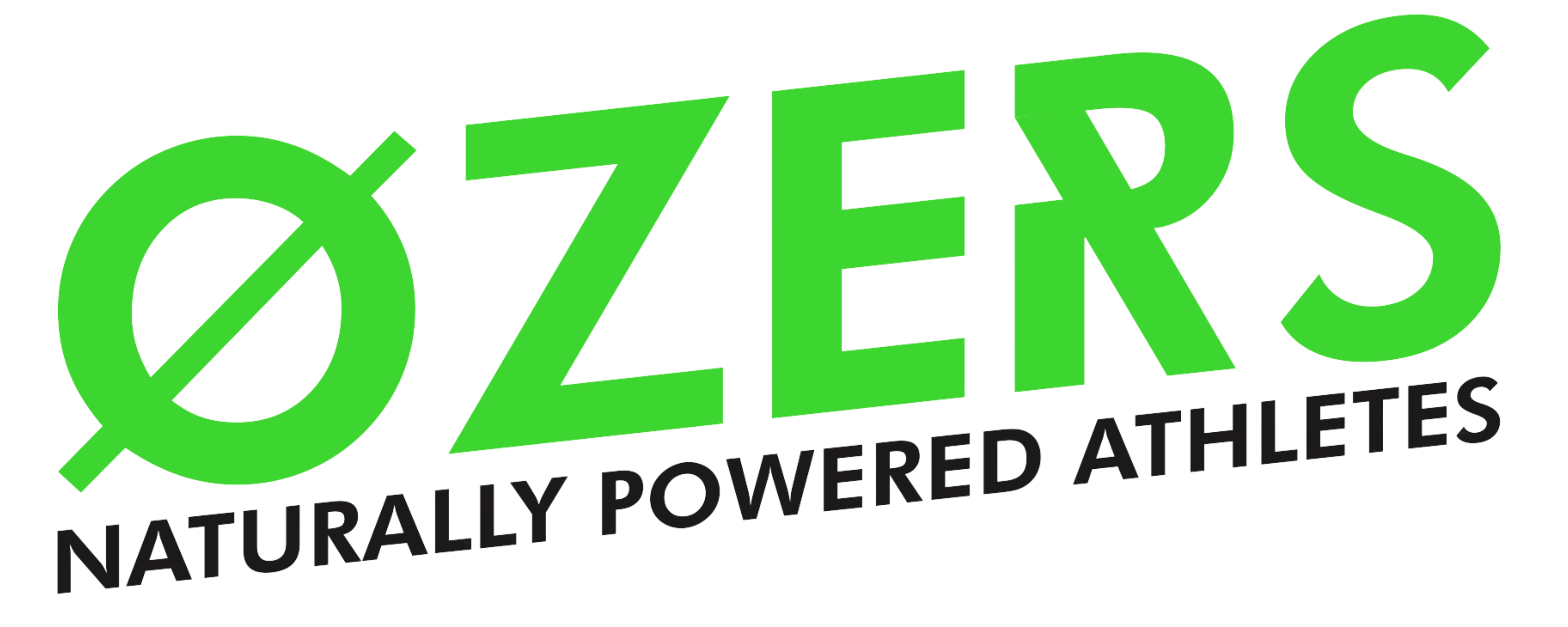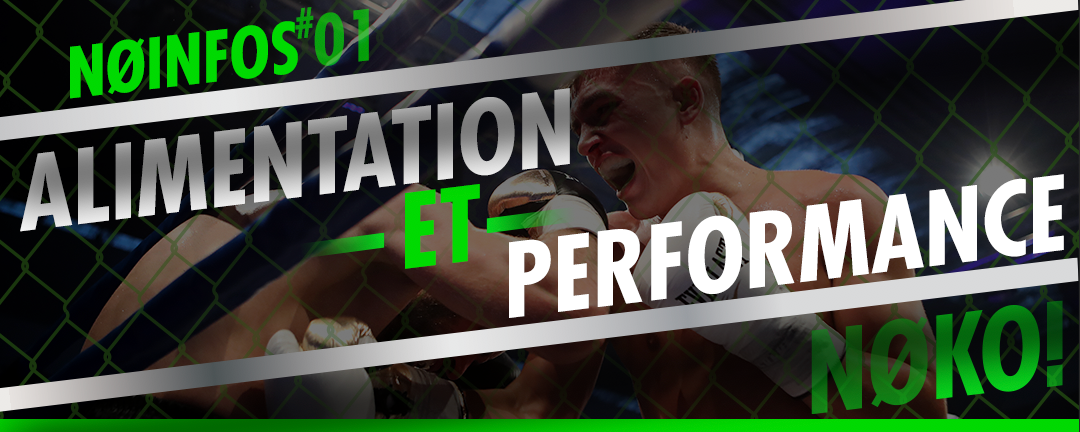ATHLETE NUTRITION: HOW TO RECOVER TO PERFORM
The impact of nutrition on performance
Nutrition and performance go hand in hand. This has been proven by multiple test practices and scientific research.
Optimizing intake of macro and micronutrients, fluids as well as the timing of consumption (pre and post training mainly) will influence your performance and your recovery, which itself in the long term conditions your performance.
Eating for optimal performance
Athletic performance depends on many components. And if recovery is a key, then food is the key. Indeed, the athlete's diet is an essential element to be optimized. This includes: the quality of the food consumed, the intake of macro nutrients (proteins, carbohydrates, lipids) and micro nutrients (vitamins, minerals, trace elements), the timing of the intakes, but also the pleasure and satisfaction felt with one's own diet. . It is not uncommon to meet professionals in their disciplines, especially in combat sports, and to realize that they have no control over their diet.
Structure your diet
Organizing your diet around your goals is to put the odds on your side to perform. What diet should an athlete have Impossible to answer, because there is no right answer. Each athlete is different, and many individual components must be taken into account to find the right diet for an athlete: his physiology, his sport and his sports practices, his lifestyle and his habits, his objectives. This is why it is not only essential to individualize the diet for each athlete, but in addition it must be monitored, advised and listened to every day (as we do with NØKOACH).).
There are many different strategies for eating: high carb diets, low carb diets (ketogenic diet or keto diet), paleo, IIFYM, vegetarians, vegans, very high in protein, intermittent fasting. time, it is important to follow a diet optimized for you, and not a so-called optimal diet when it does not take your context into account.te.
There are still some basic pillars to rely on and structure the bases of your diet. Once these basics are mastered, the rest is learned by walking: prefer foods rich in micronutrients, which you digest well and which you like.
In the coming weeks we will describe these pillars to you one by one:
1st pillar: protein intake
Muscle Protein Synthesis (MPS)
How to maximize your MPS
2. Joint and cartilage care
Glycine for increased joint and cartilage recovery
3. Calcium for strong bones
4. Stay hydrated properly
Hydration during and after training
How to build an adapted diet, without relying on bullsh*t found on the internet
How NØKO has found the ideal compromise, quick to make and consume without headaches
Proteins
Cartilages and bones for strong joints
Hydration
Microalgae: the power of spirulina and chlorella
How to get it?
By preordering it here !
Why pre-orders?
Quite simply because NØKO is a small structure on a human scale! We need your crowdfunding support to finance our first production.
If NØKO! exists, it will be thanks to you, thenfoooooonce!
Sources
-
Role of nutrition in performance enhancement and post-exercise recovery:https://www.ncbi.nlm.nih.gov/pmc/articles/PMC4540168/
-
High glycine concentration increases collagen synthesis by articular chondrocytes in vitro: acute glycine deficiency could be an important cause of osteoarthritis:https://www.ncbi.nlm.nih.gov/pmc/articles/PMC6153947/
-
Vitamin Cenriched gelatin supplementation before intermittent activity augments collagen synthesis:: https://www.ncbi.nlm.nih.gov/pmc/articles/PMC5183725/
-
Roles of dietary glycine, proline, and hydroxyproline in collagen synthesis and animal growth:https://www.essentialnutrition.com.br/media/artigos/procollagen/1.pdf
-
17 benefits of Glycine supplements + dietary sources:https://selfhacked.com/blog/glycine-little-protein/
-
yam-nutrition: glycine:https://www.yam-nutrition.com/blogs/4-articles/61-la-glycine
-
MyProtein protein synthesis what is it https://fr.myprotein.com/thezone/nutrition/synthesis-protein-the-key-to-muscle-building/



